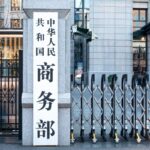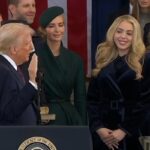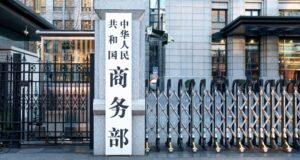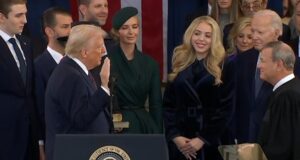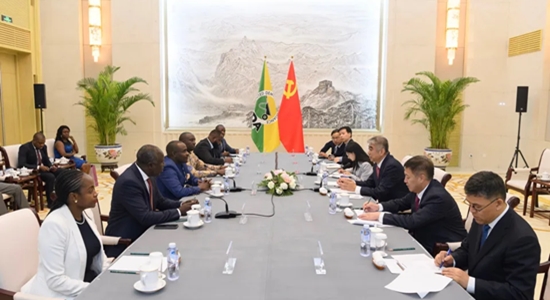
The same Chinese Communist Party willing to splurge on the Mwalimu Julius Nyerere Leadership School in Tanzania and the Herbert Chitepo School of Ideology in Zimbabwe to impart the CCP Way is also about to collaborate on a political training school in Kenya.
These are just a few examples of a growing trend. Like-minded politicians in “Burundi, the Republic of the Congo, Equatorial Guinea, Morocco and Uganda” are also appealing to the CCP for help in building training schools and strengthening political parties (“How China’s Communist Party is building political schools, and influence, in Africa,” South China Morning Post, August 8, 2024).
Paul Nantulya, a China specialist at the National Defence University’s Africa Centre for Strategic Studies in Washington…said although China had built or supported African party schools since the 1960s, the Nyerere School was the first to be modelled on the Chinese Communist Party’s Central Party School, which trains its top cadres and leaders….
But despite China’s economic growth, many Africans are not convinced by the country’s political model.
“Nearly 80 per cent reject one-party rule,” Nantulya said. “Yet, as many African scholars argue, China’s party and governance training has the potential to entrench single, dominant party models in Africa.”…
He noted in the report that the Chinese Communist Party has ongoing relations with 110 African ruling and opposition parties, 35 parliaments and 59 politically oriented organisations, including party think tanks. He said China had conducted exchanges, party building and training with every African ruling party except for [that of] Eswatini [formerly known as Swaziland], which recognises Taiwan.
Not everyone agrees that China-funded schools will in consequence of China’s funding manifest CCP ideology. It’s what China wants to do, says Lina Benabdallah, who studies international relations at Wake Forest University. But maybe African politicians are simply going where the money is.
“It remains to be seen whether these schools actually display an ideological alignment with China in content or whether they are in fact independent and just the building and the outside structure are China-influenced,” she says.
Does it really remain to be seen? Is China funding any African training schools devoted to teaching the ideas of liberty, individual rights, open discussion, competitive electoral politics?
Whether China will get the long-term effects it hopes for does remain to be seen; its influence operations are not destined to sweep all alternatives aside.
But if China is right now “helping develop curricula, train staff and so on,” as the same professor, Benabdallah, also says, the “independence” of the African authoritarian politicians is already being surrendered—except insofar as there was no such independence to surrender to begin with, all parties to the collaboration already being on the same team. The content of a course and the values and methods inculcated in trainees are not the same sort of thing as “building and outside structure.”
